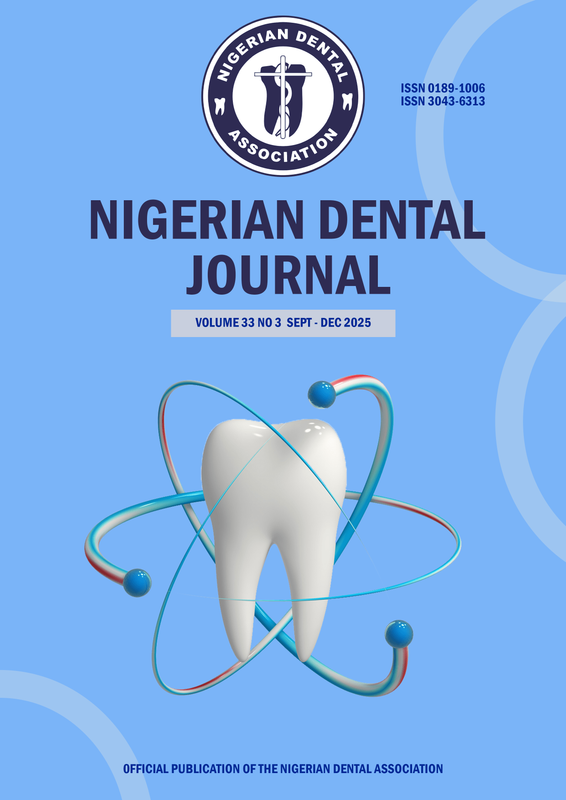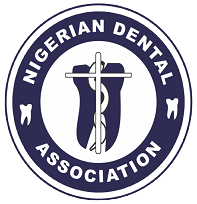Dental Students Educational Experiences and Knowledge in regard to Child Abuse and Neglect: The Experience in a Nigerian University in South Western Nigeria
DOI:
https://doi.org/10.61172/ndj.v26i1.98Keywords:
Dental students, Educational Experiences, Knowledge, Child AbuseAbstract
Background: Child abuse is now established as an international issue. In recent times, many researchers have suggested the need to check the level of readiness of graduating dental students regarding how they can successfully handle child abuse cases.
Objective: To determine the knowledge of child abuse among undergraduate dental students in a Nigerian university.
Methods: A cross sectional study was conducted among undergraduate students in five classes of the Faculty of Dentistry, University of Ibadan, Nigeria. Demographic information was collected through a self-administered structured questionnaire distributed among the dental students. Other information obtained included their educational experiences and level of
knowledge on child abuse and neglect. The data was analyzed using SPSS version 13 and the level of significance was set at p < 0.05.
Results: One hundred and sixty one subjects consisting of 80 males and 81 females with a mean age of 22 (+2.4) years participated in the study. The majority (61.5%) had encountered the topic of child abuse and neglect during studies at the university. The subjects scored less than 50.0% regarding some aspects of knowledge of signs of physical abuse while they scored over 60.0 % on signs of emotional and sexual abuse and neglect. In their knowledge of signs of diagnostic indicators of abuse, a quarter of the subjects knew that child abuse and neglect was not basically associated with stress and poverty. Only 8.7 % knew correctly that dentists in Nigeria are not legally required to report child abuse. There were some statistically significant associations between respondents' knowledge of physical, emotional/sexual abuse and neglect and diagnostic indicators of abuse and their levels of study with respondents in the senior classes having higher scores.
Conclusion: Knowledge gaps particularly with recognition of signs of child abuse exist among dental students. We recommend that a mandatory course that deals with child abuse and neglect issues should be included in the dental curriculum especially at the pre-clinical stage.
Downloads
Downloads
Published
Issue
Section
License
Copyright (c) 2018 O.O. Bankole, J.O. Eigbgbo, B.O. Popoola

This work is licensed under a Creative Commons Attribution 4.0 International License.
Open Access Statement
- We became fully Open Access since January 2023.
- Our new and archived materials are available free of charge on open basis and under a Creative Commons license as stated below.
Copyright statement
Copyright © 1999 The authors. This work, Nigerian Dental Journal by Nigerian Dental Association is licensed under Creative Commons Attribution 4.0 International License.

